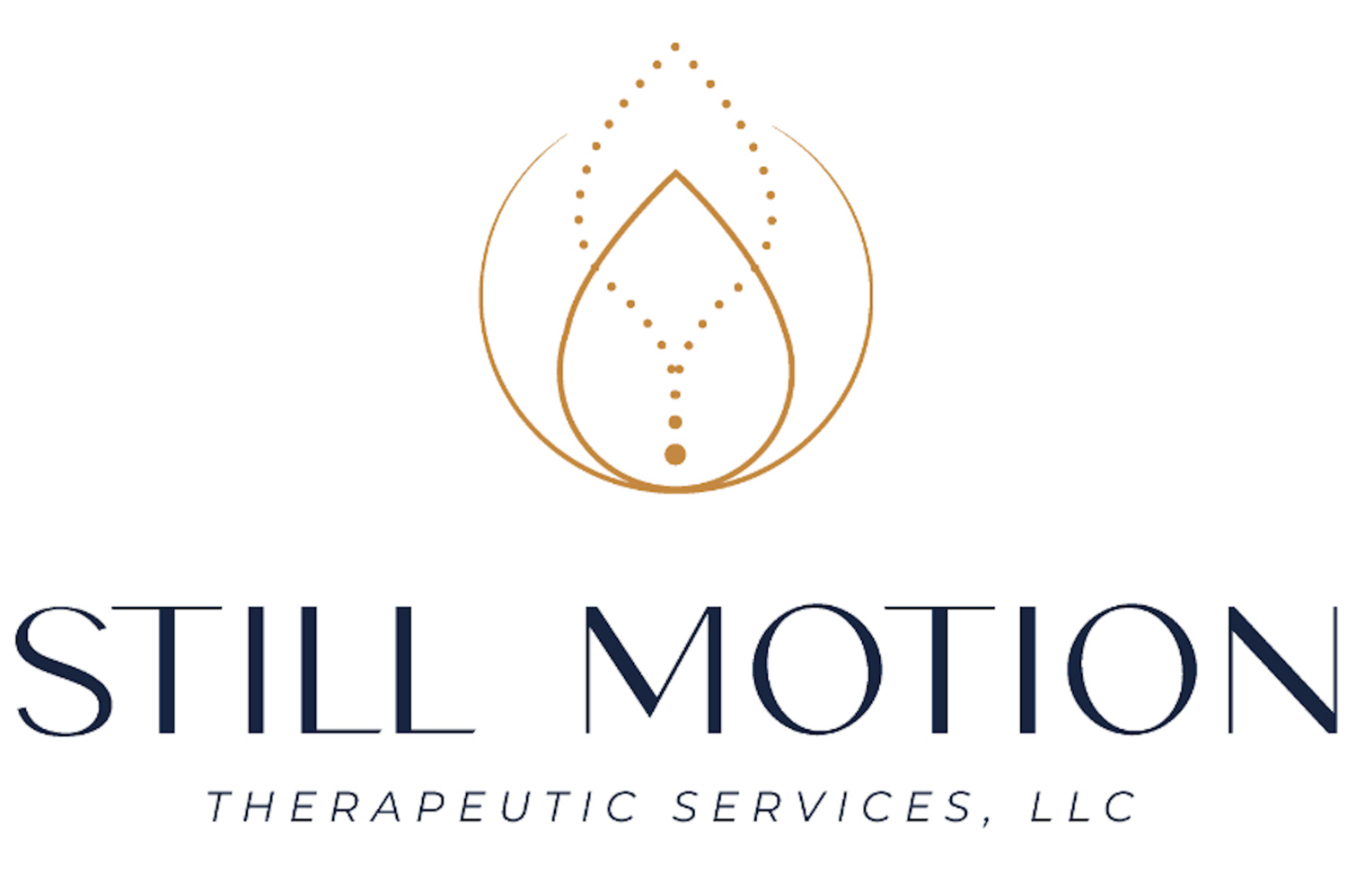Why Therapy Isn’t Just for People in Crisis
/When most people think of therapy, they imagine someone in deep distress—someone who has “hit rock bottom.” While therapy is certainly vital during crises, this common perception overlooks one of therapy’s greatest benefits: preventative care and personal growth. Therapy isn’t only for moments of emergency—it’s a tool for anyone who wants to understand themselves better, navigate life more effectively, and cultivate emotional well-being.
Think of therapy like regular medical checkups. Just as we visit a doctor to maintain our physical health, therapy helps maintain our mental and emotional health. Waiting until a problem becomes unmanageable isn’t necessary—and it’s often more challenging than seeking help early.
The Myth: Therapy is Only for Emergencies
Cultural stigma and media portrayals often frame therapy as a “last resort.” This misconception can discourage people from seeking support until symptoms are severe, at which point challenges may feel overwhelming.
In reality, therapy is valuable at any stage of life—not just when you’re in crisis. Seeking help proactively allows you to develop coping strategies, gain clarity on life decisions, and strengthen your emotional resilience before challenges escalate.
Therapy as Preventative Care
Preventative therapy focuses on maintaining mental wellness, rather than only addressing mental illness. It can help you:
Manage stress: Learn tools to reduce overwhelm and prevent burnout.
Strengthen relationships: Improve communication, resolve conflicts, and set healthy boundaries.
Navigate life transitions: Career changes, moves, parenthood, or personal growth challenges.
Build self-awareness: Understand your thoughts, emotions, and patterns to make more intentional choices.
Engaging in therapy before a crisis also reduces the risk of long-term emotional strain. Like physical exercise, it’s easier to maintain a healthy mindset than to repair one that has been neglected.
The Everyday Benefits of Therapy
Therapy isn’t just for problem-solving—it can enhance your life in multiple ways:
Improved Communication: Learn to express your needs clearly and listen empathetically.
Enhanced Emotional Regulation: Recognize triggers, manage intense emotions, and respond rather than react.
Personal Growth: Explore identity, values, and goals to align your daily life with what matters most.
Self-Compassion: Develop tools to treat yourself with kindness rather than harsh self-criticism.
Resilience: Build strategies to cope with setbacks, uncertainty, and change.
Therapy provides a safe, non-judgmental space to explore your thoughts and feelings—something most of us rarely experience in day-to-day life.
Reframing Therapy: From Crisis Intervention to Life Enhancement
Seeing therapy as only for emergencies limits its potential. By reframing it as life-enhancing support, we open the door to proactive mental health care. Even small challenges—stress at work, ongoing anxiety, or difficulty managing relationships—can benefit from professional guidance.
Therapy equips you with tools, insight, and perspective that not only address problems but also empower you to thrive. Many clients report feeling more confident, resilient, and self-aware after engaging in therapy—even when they didn’t consider themselves “in crisis.”
When to Seek Therapy (Even if You’re Not in Crisis)
You might benefit from therapy if you:
Feel stuck in recurring patterns or unhelpful habits.
Want support navigating life transitions or personal growth.
Experience ongoing stress, anxiety, or low mood that isn’t severe but still affects your quality of life.
Want to improve relationships with family, friends, or coworkers.
Simply want a safe, confidential space to reflect on your thoughts and feelings.
Remember, therapy is not a sign of weakness—it’s a proactive step toward a healthier, more balanced life.
Therapy isn’t only for people in crisis—it’s for anyone who wants to understand themselves better, grow emotionally, and thrive in life. Waiting until problems become severe isn’t necessary; starting early allows you to build resilience and self-awareness that can benefit you for years to come.
If you’ve been curious about therapy but haven’t taken the first step, know that support is available at any stage of life. Our counseling team is here to guide you, whether you’re facing challenges or seeking personal growth.
Take the first step today—therapy isn’t just for crisis, it’s for thriving.

